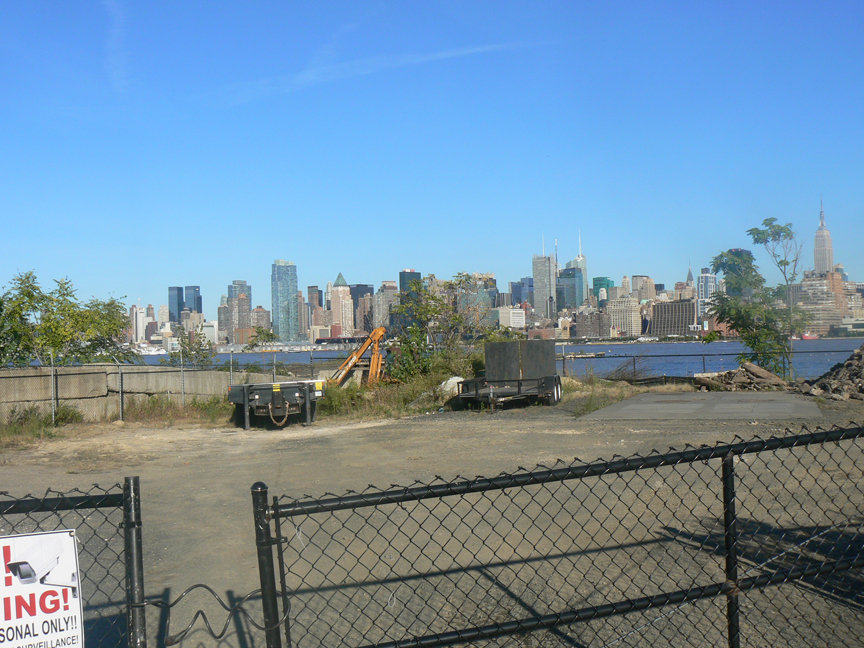HOBOKEN — The developers of the Monarch at the Shipyard proposal have become involved in even more controversy after they recently filed a complaint against two county boards.
Shipyard Associates, L.P., has filed a complaint against the Hudson County Planning Board alleging that the board’s decision to deny the application was “not based upon adequate findings or conclusions as required by law.”
The Monarch at Shipyard project proposed in uptown Hoboken calls for two 11-story residential buildings just east of the Hudson Tea Building near the waterfront. The application was recently changed to two 10-story towers.
The County Planning Board denied the project in February.
Shipyard attorney Kevin Coakley said that the Planning Board only has jurisdiction on the project’s impact on country draining and the affect of traffic on country roads.
“There was no draining going into the country drainage system [in our application],” said Coakley, “[and] there was a traffic report showing a very small amount of traffic going into these units.”
“The decision of the [Planning] Board to deny the application without any foundation was shocking,” added Coakley.
The complaint also names the Hudson County Board of Freeholders as a defendant. According to the complaint, the Board of Freeholders denied Shipyard’s request for an appeal, and affirmed the Planning Board’s decision. The complaint also says that the freeholders did not act in a timely manner before making their decision.
On the local level, the Hoboken Planning Board denied the application with prejudice earlier this month. See our full story
Planning Director Massiel Ferrara declined to comment.
John Campbell, an attorney for the county Planning Board, did not return requests for comment by the time of publication.
County Director of Communications Jim Kennelly said, “Our Planning Board believes that its [ruling] process was sound.”
The city has filed a legal complaint alleging that the developer is in breach of the 1997 Developer’s Agreement, which included the provision of a tennis pavilion, tennis courts, parking spaces and public access improvements. The complaint also seeks compensatory damages and attorney fees. –Stephen LaMarca
Our Digital Archive from 2000 – 2016
